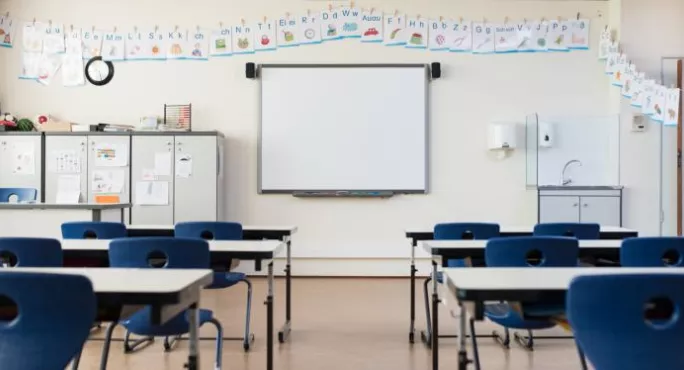More than 16,500 schools will be worse off next year than in 2015, according to analysis by the School Cuts Coalition.
This is despite the government’s pledge to put an extra £2.6 billion into schools next year.
The coalition has today produced an interactive map showing how almost every primary and secondary school in England will be affected by the government’s funding plans.
Teachers and parents can use the map to find out how much schools have lost or gained in funding since 2015, the unions say.
The coalition, made up of England’s main teaching unions, says the proposed increase in school funding is inflationary and does not cover rising school costs.
Analysis: Why no government would renege on £7bn pledge
Williamson: Teacher pay will be ‘levelled up’
Tes Podcast: New funding and starting the new year
Geoff Barton, general secretary of the Association of School and College Leaders, said: “We are not being churlish, we are just stating the facts. The extra money for schools is not enough to reverse the cuts, and the funding crisis is not over. In fact, many schools will have to make further cuts next year because they are receiving only an inflationary increase and school costs are rising above inflation.
“We need an uplift for all schools which restores funding levels to where they were before the cuts began to bite and which keeps pace with costs.”
‘The school funding crisis isn’t over’
In creating the map, the coalition used the latest cash allocation figures for each individual school, published by the Department for Education last week.
The DfE, which has announced an overall £7.1 billion extra funding for schools, says that every secondary school would receive a minimum of £5,000 per pupil next year, and every primary school will be able to receive a minimum of £4,000 from 2021-22.
Education secretary Gavin Williamson said the biggest increases would go “to the schools that need it most”, adding that it was “the biggest funding boost for schools in a decade, which will give every school more money for every child”.
However, Luke Sibieta, of the Institute for Fiscal Studies think tank, said there was no evidence to suggest money would go to the schools that need it most.
Coalition analysis shows that for primary schools serving the most deprived intakes, cuts per pupil average £382 a year. But in the primary schools with the least deprived intakes they average £125 a year.
In the secondary schools serving the most deprived intakes, cuts per pupil average £509 a year. But in the secondary schools with the least deprived intakes they average £117 a year.
Kevin Courtney, joint general secretary of the NEU teaching union, said: “Children who started school in 2015 will have seen no relief by 2021 in 83 per cent of schools - their whole school career has been blighted. It is galling for everyone in the education community that the government continues to underfund and under-deliver on their responsibility to the nation’s schools.”
A DfE spokesperson said: “Next year all schools will attract at least an inflationary increase in funding per pupil - with secondary schools receiving a minimum of £5,000 per pupil next year and primary schools getting £3,750, rising to £4,000 in 2021-22.
“On top of this this Government has also committed to fully funding teachers’ pensions at a cost of £1.5bn a year for each of the next three years - so every penny of the extra money goes to schools and teachers.
“It’s because we’ve recognised the pressures schools have faced and have listened to teachers and parents that we are investing an extra £14bn in schools over the next three years to 2022-23. This money will allow schools to invest more in teachers and resources to ensure that all children get the top quality education they deserve.”




